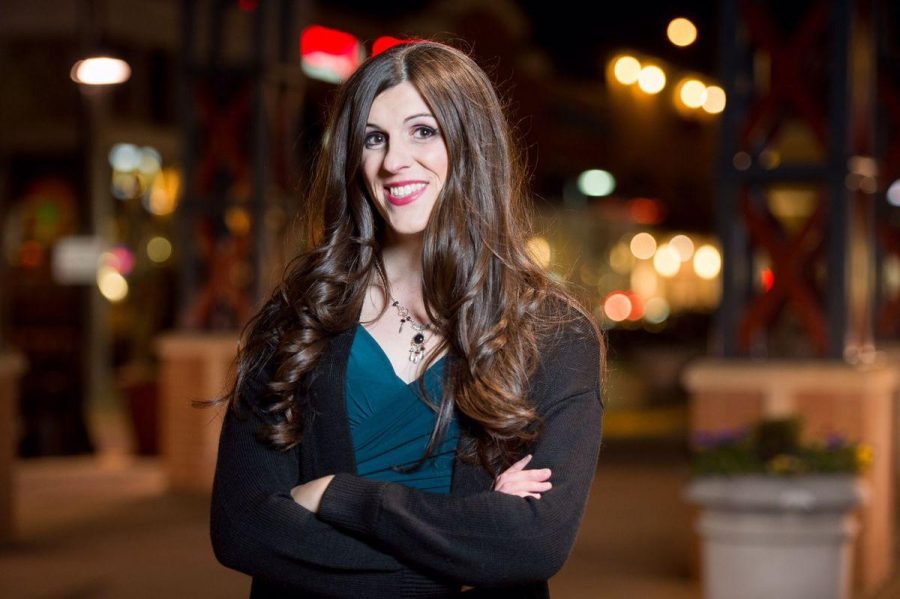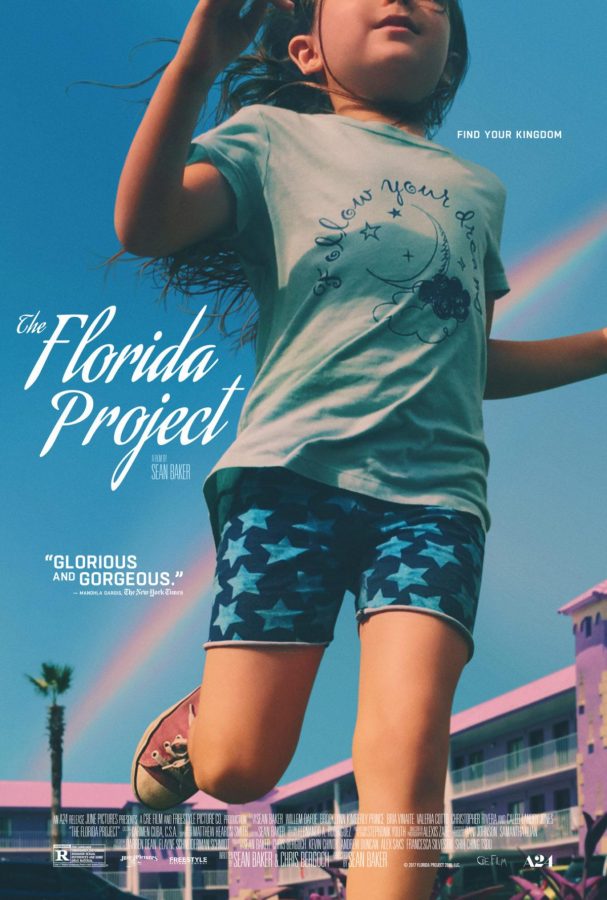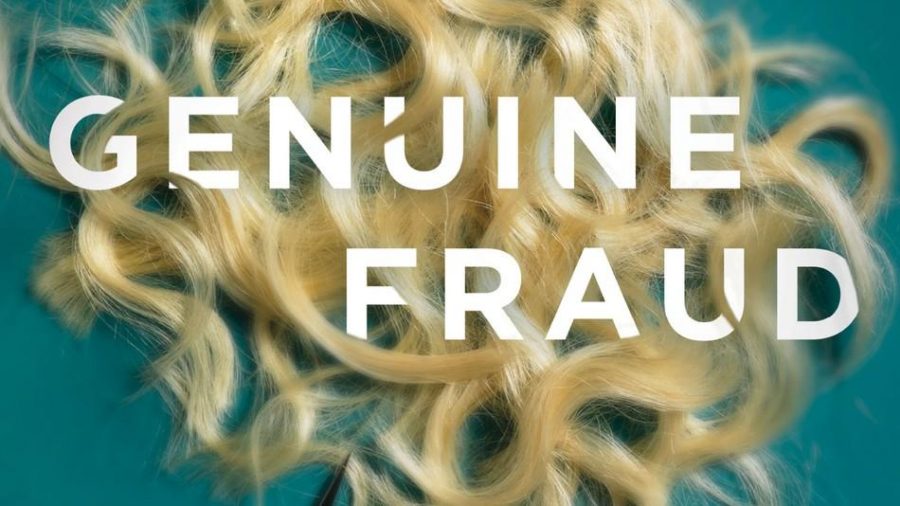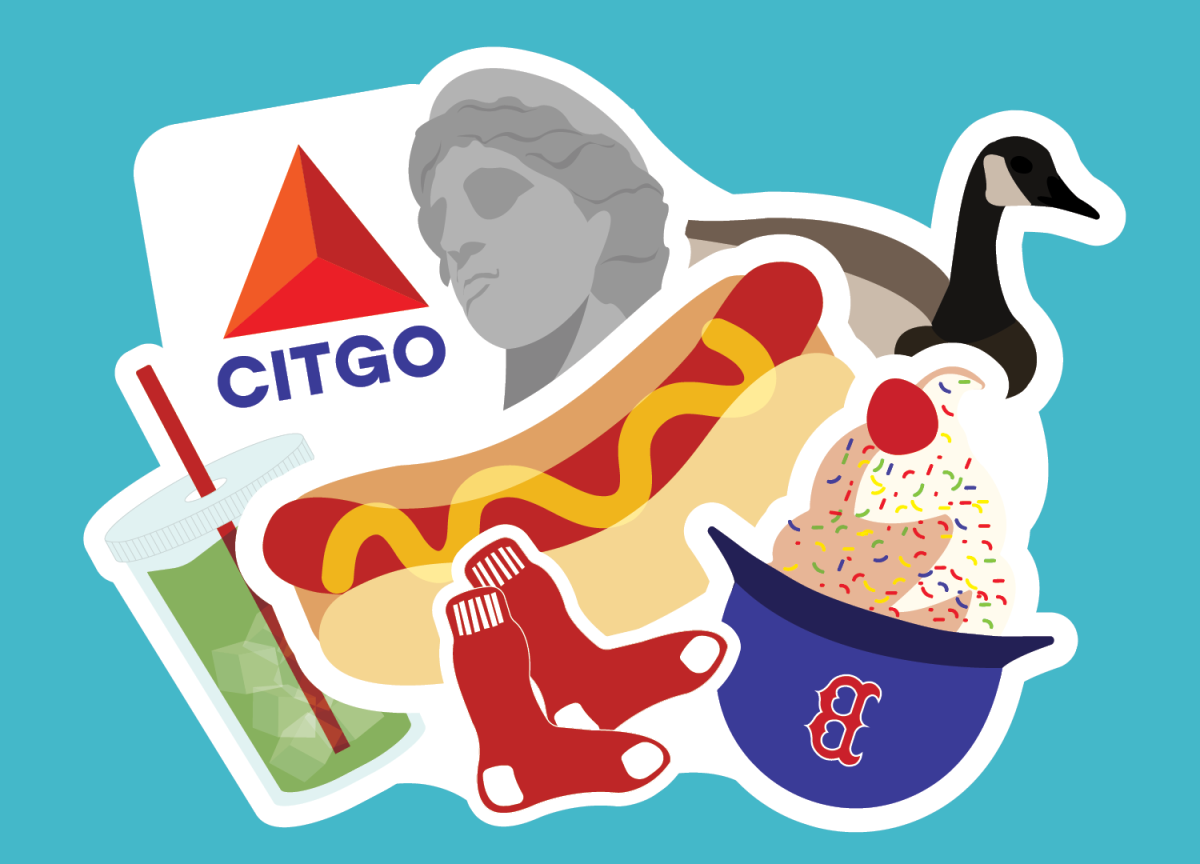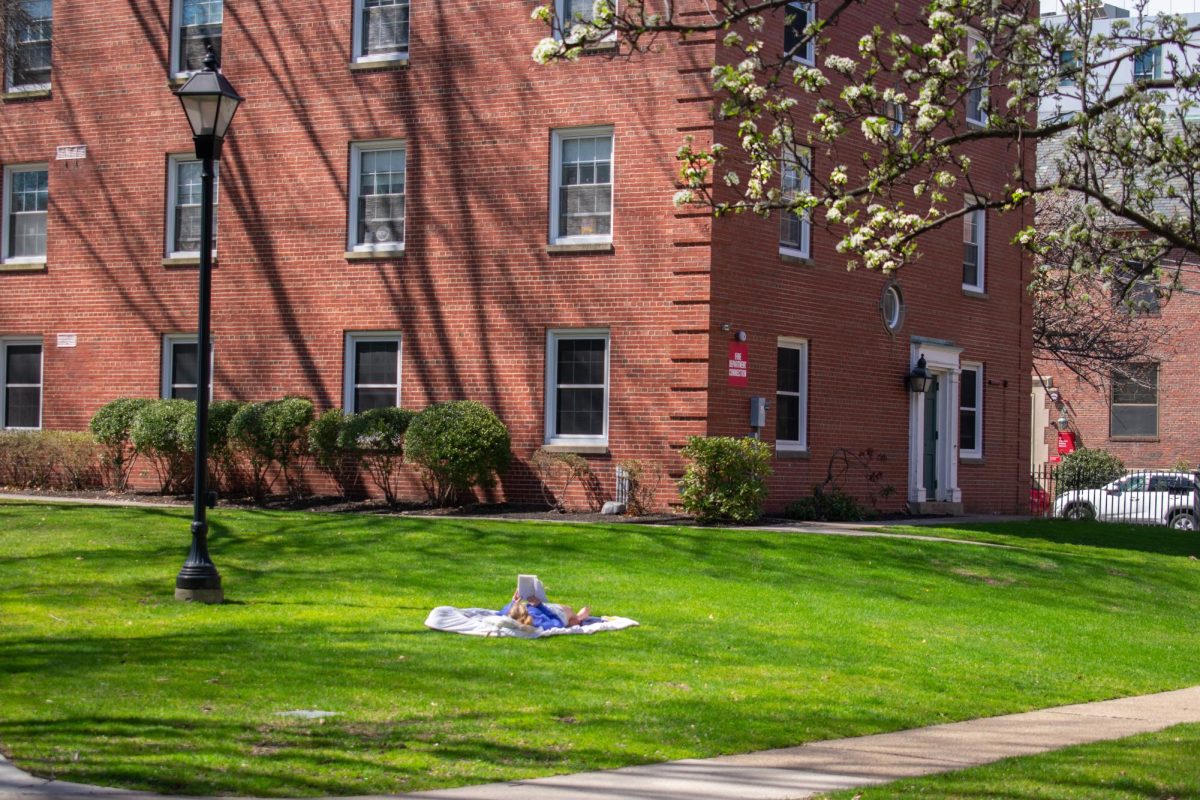By Emily Chicklis
Contributing Writer
In the Declaration of Independence, Thomas Jefferson called for a government that derives its “just powers from the consent of the governed.” Yet this past September, a Gallup poll declared that only 14 percent of Americans approve of their Congressional representatives, the lowest rating since 1974. If this is true, then why don’t we, the American people, assert our democratic authority and throw the rascals out? Unfortunately, the real question may be, did we really vote for those rascals in the first place?
From its inception, the U.S. has struggled with the issue of money in politics. Though some defend private campaign donations as expressions of free speech, others see the increasing influence of wealthy interests as a sure sign of corruption in the system.
President Theodore Roosevelt was the first major political figure to advocate for publicly financed elections, championing the total prohibition of corporate contributions. Following T.R.’s enthusiastic lead, reforms were slowly but surely implemented over the next few decades. But in 1976, this steady forward march was abruptly halted.
It was in this year that the Supreme Court decided the case of Buckley v. Valeo, defining campaign contributions as a legitimate form of free speech protected under the First Amendment. Though the Court recognized the value of contribution limits, the decision stalled the progress of campaign finance reform. The repercussions of this decision would not be fully realized until Citizens United v. FEC in 2010, which dramatically altered the way the game of politics is played today.
“Citizens United” has become an incendiary phrase in political circles, and for good reason: the Supreme Court’s ruling sanctioned unlimited corporate spending for political ads, essentially putting political candidates up for auction. Just last year the case had a sequel in McCutcheon v. FEC, which found that limits on an individual’s contributions to all political campaigns, parties, and PACs (known as aggregate limits) are unconstitutional.
These decisions have made corporate spending the determining factor of the electoral process. Candidates who receive little financing are not serious contenders, while those who receive profuse amounts of money are beholden to wealthy special interests. In this system, money is the currency of free speech, and the volume of corporate speech easily drowns out that of average American votes.
Publicly funded elections present a possible solution to this problem. Voluntary public financing already exists in some form in seven states, including Massachusetts. These programs allow citizens to provide donations between $5 and $100 to candidates, which are then matched by government grants. Many states also give donors the gift of tax deductions for their participation.
Though political efficacy is low in our current system, it is not too late to push for further change. At Simmons, a student group called Democracy Matters is currently advocating for the same ideals that Teddy Roosevelt called for over a century ago.
Anyone who would like to learn more about campaign financing is welcome to weekly meetings in the basement of Evans Hall every Thursday at 8 p.m. Even if political activism sounds intimidating, we the people can start to take back our government simply by becoming more informed citizens and heading to the polls on election day. When less than 1 percent of Americans provide 80 percent of political funds, it is clear that something is rotten in the state of our union. To fail to clean up our elections is to fail the democratic ideals upon which the U.S. was founded.









